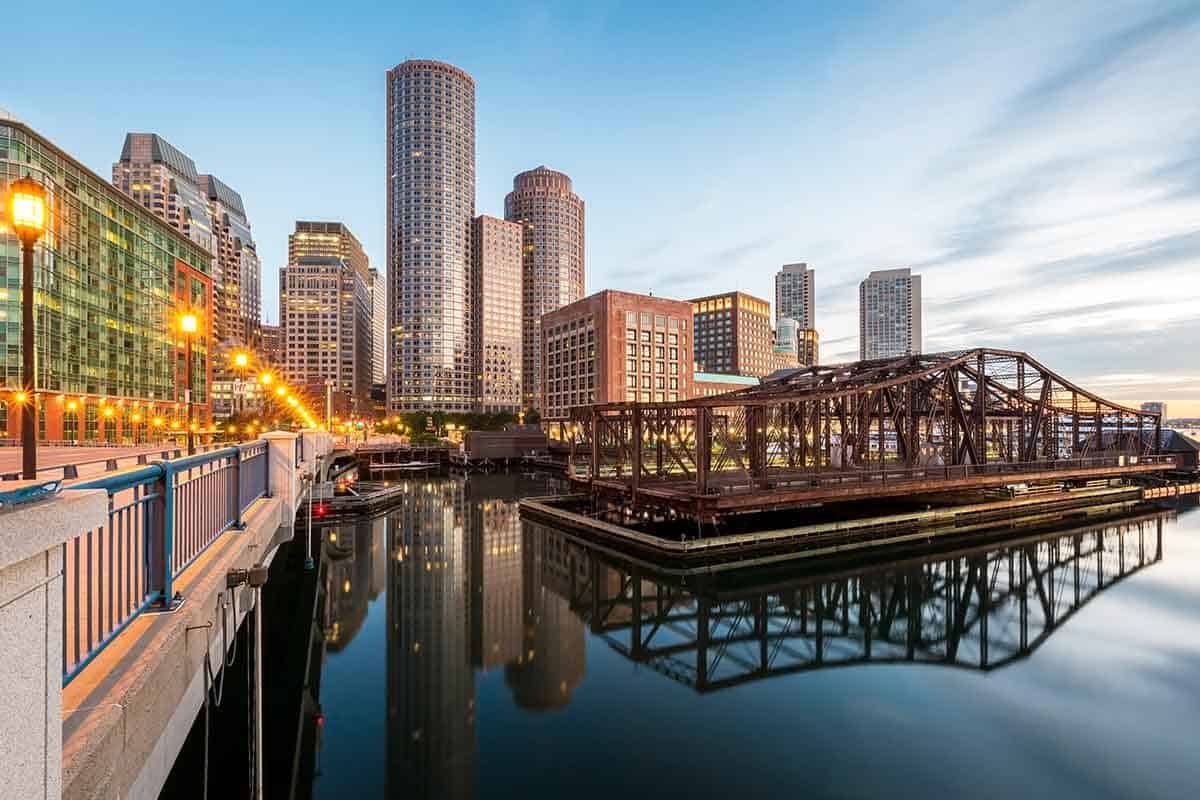In the late 1990s, pharmaceutical companies reassured the medical community that people would not become addicted to opioid pain relievers. As a result, healthcare professionals began to prescribe opioids at greater rates. About two decades later, opioid drug addiction treatment programs help more than a million Americans struggling with opioid misuse yearly. In 2017, the U.S. Department of Health and Human Services (HHS) declared a public health emergency and announced a strategy to combat the opioid epidemic.
Massachusetts opioid statistics indicate that it’s one of the hardest hit by the public health crisis. Searching for drug addiction treatment programs near Boston, MA? Reach out to Rockland Recovery today by calling 855.732.4842 or contacting our team online.
Is Massachusetts Affected by the Opioid Epidemic?
In 2020, more than 2,000 residents of Massachusetts died due to the opioid crisis. The state saw an exponential increase in fatal opioid-related overdoses and people seeking opioid addiction treatment due to the use of prescription opioids, fentanyl, or heroin.
Along with other Massachusetts opioid data, this number of deaths has pushed forward many improvements in the state’s substance abuse prevention and treatment policies. In 2020, Attorney General Maura Healey worked with the legislature to create a trust fund to dedicate resources to opioid abuse prevention, harm reduction, treatment, and recovery. In 2021, she announced the resolution of claims against the nation’s three largest drug distributors — and drugmaker Johnson & Johnson — that provided hundreds of millions of dollars to address the effects of the opioid crisis across Massachusetts.
What Are the Opioid Statistics of Massachusetts?
The opioid epidemic in Massachusetts and the rest of the U.S. has received a great deal of public attention, but its scale is worse than most Americans realize. Opioid data has shown a dramatic increase in opioid-related deaths, and in Massachusetts, the opioid-related death rate is more than twice the national average.
In 2016, there were less than 50 opioid prescriptions per 100 people in Massachusetts, the fifth-lowest statistic among U.S. states. If opioid prescriptions were the driving factor in opioid-related deaths, the sharp rise in the death rate wouldn’t be explicable. However, illicit fentanyl — which is up to 100 times stronger than heroin — has increasingly become more common in Massachusetts. In 2017, more than three-quarters of the nearly 2,000 opioid-related deaths in the state were due to fentanyl.
Fentanyl, and other synthetic opioids, are often produced illicitly and trafficked across the U.S. through established and frequently used drug routes in New England. Massachusetts is one of the region’s primary hubs that are part of this route.
When Should You Consider a Drug Addiction Treatment Program?
Don’t let yourself or someone you care about be part of the opioid crisis in Massachusetts — or wherever in the U.S. you may be located. Opioid addiction is a chronic disease that can result in long-term changes to your brain chemistry and functions. Seeking professional help and overcoming addiction as soon as possible is essential if you want to avoid the long-term health conditions associated with opioid abuse.
Your chances of overcoming opioid addiction are better with long-term and residential treatment programs that include behavioral therapy and medication-assisted treatment (MAT). The FDA-approved medications that can be prescribed for a client as part of MAT include the following:
- Methadone: This is a long-acting opioid that affects the same parts of your brain as the addictive substance of your choice. However, it doesn’t provide the familiar high. You can take it every day, but you have to go to a special clinic to get it. Methadone prevents withdrawal symptoms and eases drug cravings.
- Buprenorphine: This is another medication approved for the treatment of opioid addiction. It hits the same receptors in your brain but is not as strong as the addictive substance of your choice. It is also available in combination with another FDA-approved drug called naloxone.
Ready To Learn More About Rockland Recovery’s Drug Addiction Treatment Programs?
If you’re looking for drug addiction treatment programs near Boston, MA, contact Rockland Recovery today. Reach out to our team online or call 855.732.4842.

